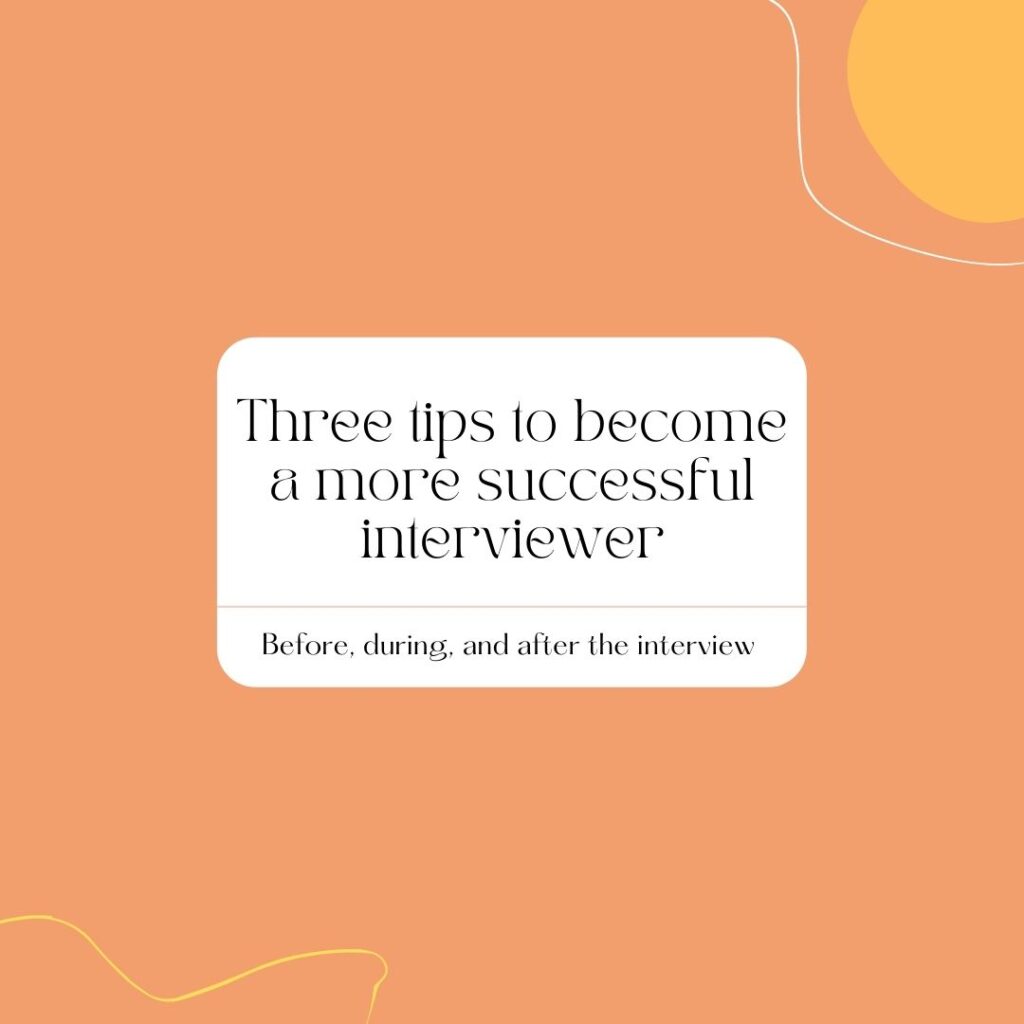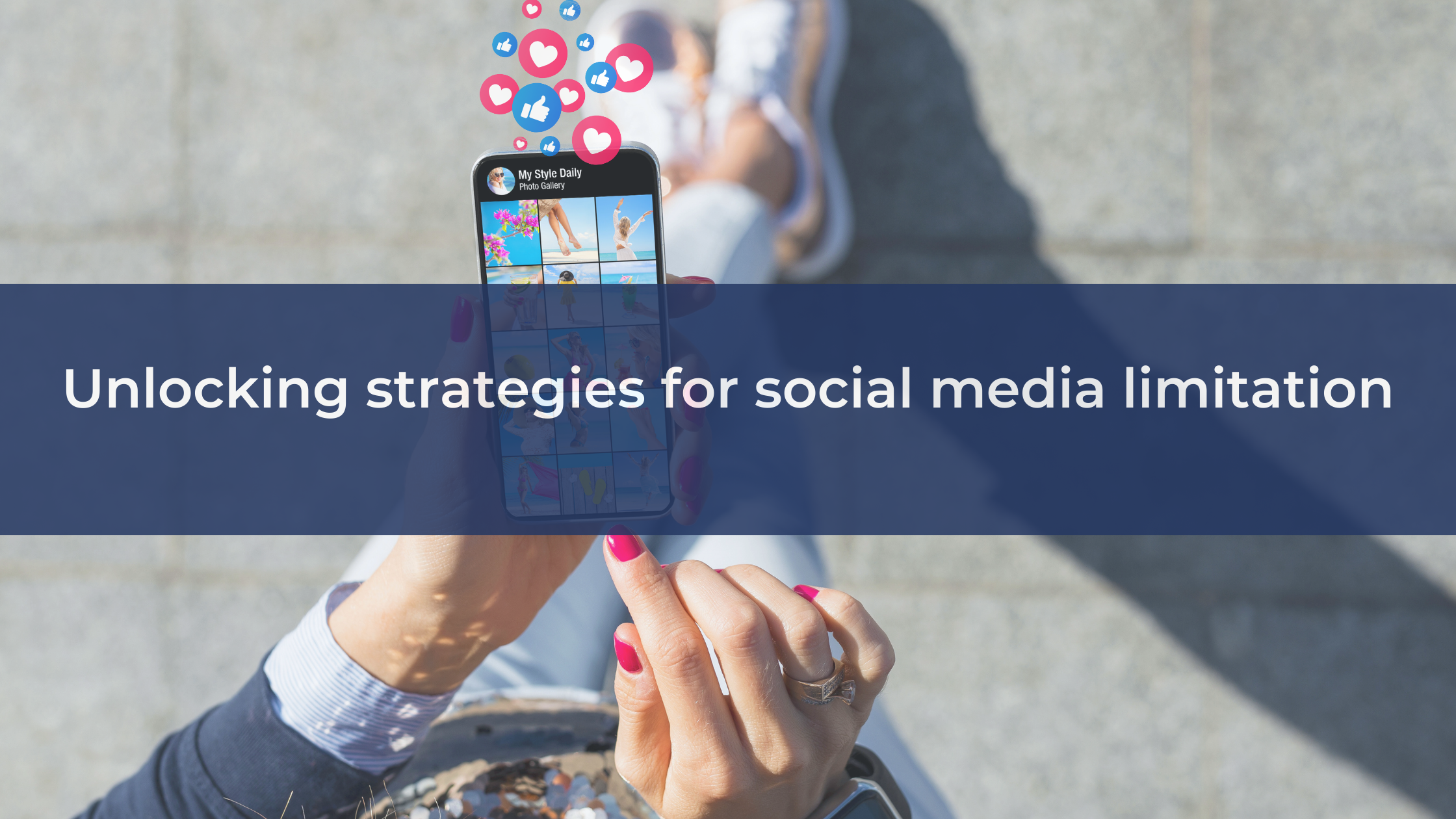
As public relations co-op students at MSVU, we are familiar with interviews and how to be successful as an interviewee. However, it can be daunting to take on the role of an interviewer – which is a common practice for practitioners in the public relations profession.
Many public relations co-op students and practitioners conduct and lead interviews with stakeholders regularly on the job; whether it is to gather expert opinion to share stories and news, foster communication between an organization and its publics, or create dialogue.
Here are three key tips to consider and practice to improve your skills as an interviewer:
Before the interview: Research
Before any interview, both the interviewee and the interviewer should prepare for the interview in advance. By doing research ahead of time, you create a solid first impression and build your credibility as it shows keenness and professionalism.
Research can take many forms and will be informed by the situation, who you are interviewing, and the purpose of the interview. It is always a good idea to learn a little bit about who you will be interviewing. Questions to consider could include: What is their background? What is their job title? What information can they provide to me that is of value?
Furthermore, another key component of research is to formulate questions to guide the interview. Learning about the topic in advance will provide a bit of context that will help you identify strong questions to ask in the interview.
During the interview: Listen
Although an interviewer leads the interview, the interview should resemble a two-way conversation where both the interviewer and interviewee contribute and share ideas. That being said, as an interviewer, you should hone your active listening skills so that you understand and record all the important information that the interviewee is sharing.
If you have reached out to someone for an interview, clearly you need information from them. As a result, the interviewee should be doing most of the talking to explain their ideas, opinions, and information. Furthermore, if you are going to be directly quoting the interviewee, you want to ensure it is their own words and ideas.
After the interview: Follow-up
The post-interview follow-up is the most important consideration, and will distinguish you as a professional. If someone has taken the time to meet you for an interview, always follow-up with a thank you to show your appreciation for their time and expertise. Additionally, depending on what you do with the information that the interviewee provides (perhaps a news release or blog for example), you should always send the draft to them for their review. As a result, the information can be fact-checked for accuracy and the interviewee gets the final approval on what was written – especially if they are quoted. Doing this is not only a common courtesy, but it is the right thing to do.
Remember, being an interviewer can be just as dreadful as being an interviewee. Do not forget to research, listen and follow-up – it will help you become a more successful interviewer.
Article By: Jane Landry
Editor, Symmetry Public Relations





